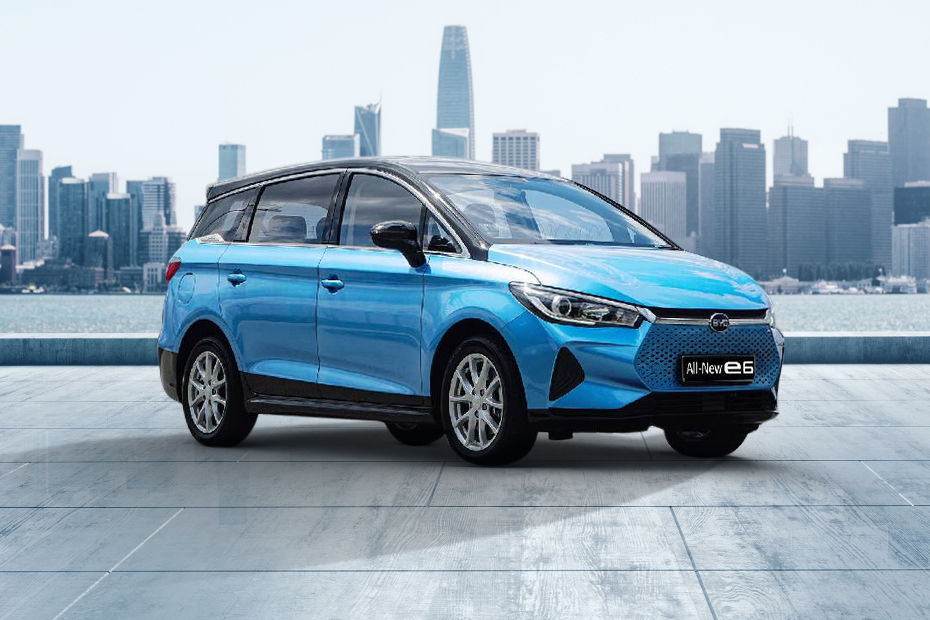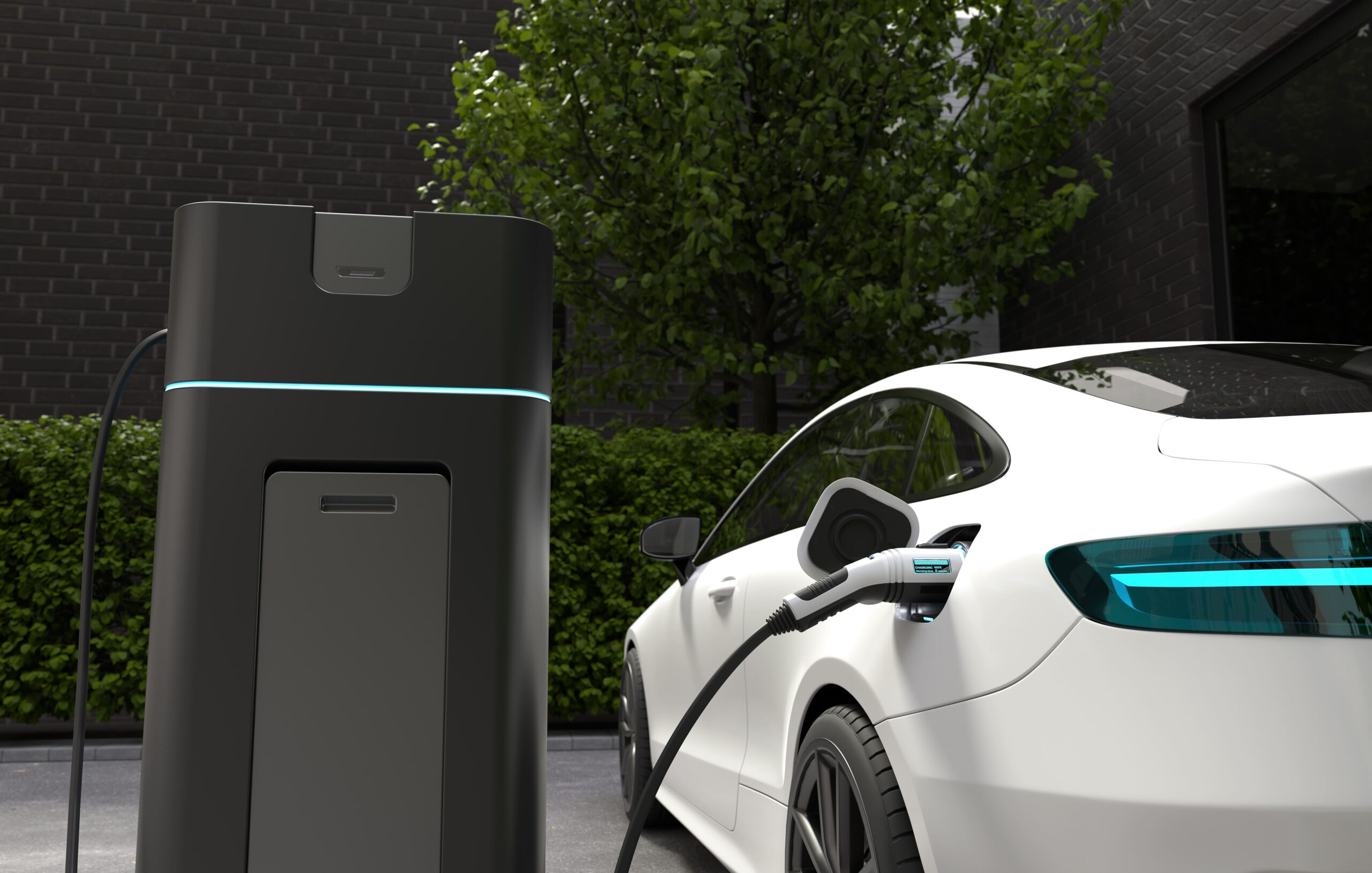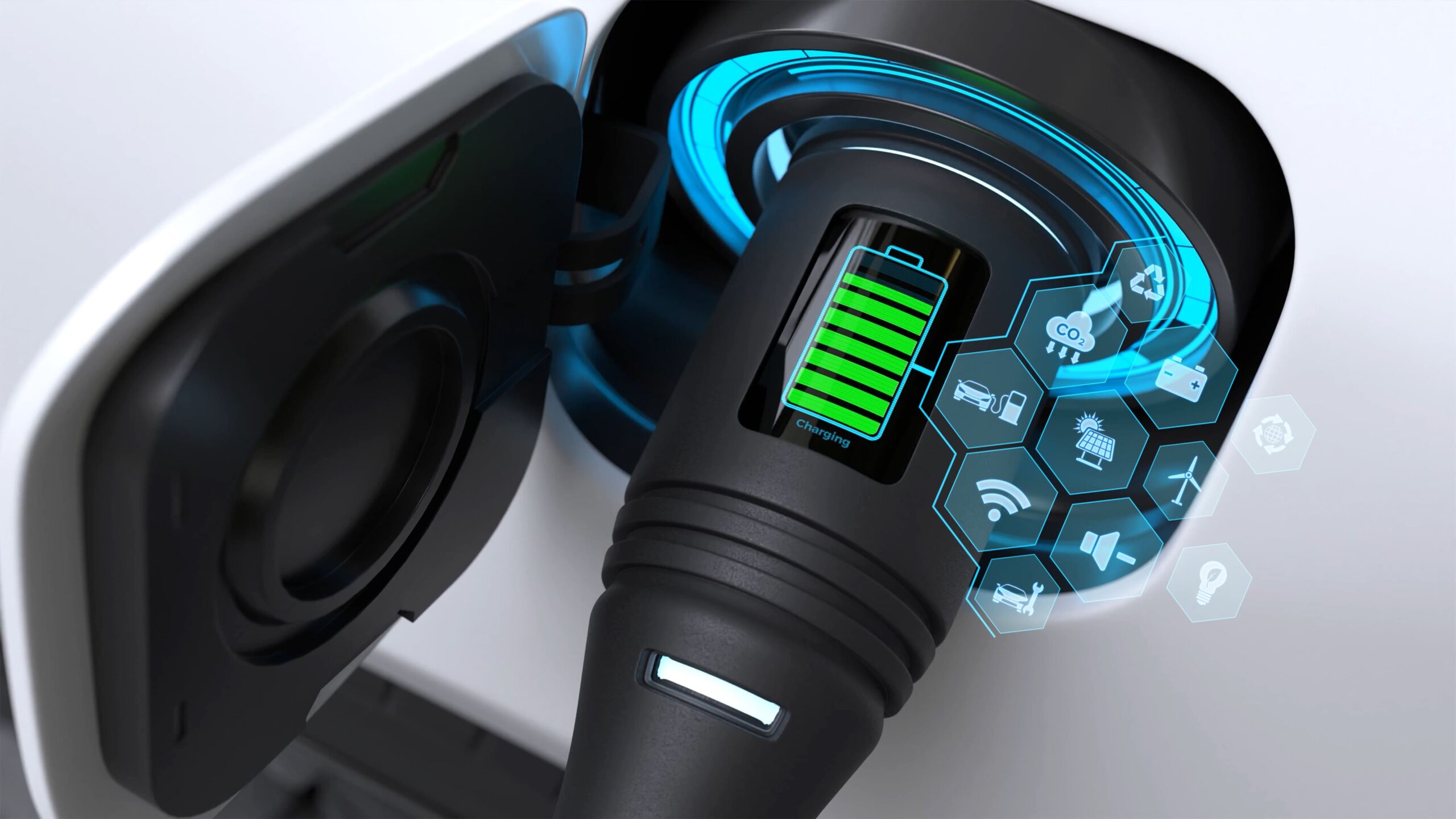In recent years, electric vehicle (EV) technology has transformed from a niche market into a mainstream phenomenon, reshaping the future of transportation. This evolution isn’t just about cars becoming greener, it’s a revolution that impacts our daily lives, the economy, and the environment. From the early days of electric propulsion to the cutting-edge innovations of today, the journey of EV technology is as fascinating as it is significant.
In this article, we will discuss the remarkable advances and far-reaching impacts of EV technology. Discover how these innovations drive us towards a more sustainable future and why understanding this evolution is crucial for anyone passionate about the future of mobility.
What is Electric Vehicle (EV)?
Electric vehicle (EV) is a mode of transportation that utilizes an electric motor powered by electricity drawn from a battery. This battery can be charged from an external source, such as a charging station or a household power outlet.
EVs come in two main types: all-electric vehicles, which rely solely on their electric motor, and plug-in hybrid electric vehicles, which combine an electric motor with an internal combustion engine.
The Future of the Automotive Industry in Indonesia
The Rise in Electric Vehicle Popularity
To understand the current state of the EV sector, it’s essential to look back at the past few years. In 2020, the global car market faced significant challenges due to the COVID-19 pandemic, leading to a slump in new car registrations. Despite this, the EV market defied expectations with a 43% increase in sales from the previous year, reaching a global market share of 4.6%.
The momentum continued in 2021 with a remarkable leap in EV sales, doubling from the previous year to 6.75 million vehicles sold. This growth meant that more EVs were sold in a single week in 2021 than in the entire year of 2012.
By 2022, EV sales surpassed 10 million with 14% of all new electric cars sold. This rapid increase brought the total number of electric cars on the road to over 26 million, marking a 60% increase from 2021. Analysts predict continued growth in EV market in 2024, although at a slower pace of 20% to 30%.
The Road to Sustainability: An In-depth Look at Electric Vehicle Production
The Importance of Electric Vehicle (EV) Technology in Contemporary Society
Electric vehicles play a crucial role in contemporary society for several reasons:
- Environmental Benefits – EVs contribute significantly to reducing greenhouse gas emissions. By relying on electricity rather than fossil fuels, they produce fewer pollutants, which helps combat climate change and improve air quality.
- Economic Growth – The EV industry fosters economic growth by creating new jobs in manufacturing, infrastructure development, and technology sectors. This growth stimulates innovation and investment in renewable energy sources.
- Energy Efficiency – Electric motors are more efficient than internal combustion engines, converting a higher percentage of energy from the battery into movement. This efficiency reduces overall energy consumption and dependence on oil.
The Evolution of Electric Vehicles

The journey of electric vehicles began in the 19th century with important milestones that shaped their evolution. Early innovations by Robert Anderson and Thomas Davenport in the 1800s resulted in the first successful electric vehicle by William Morrison in 1891. The 20th century saw a decline in the number of electric vehicles due to the rise of petrol-powered cars, but the oil crisis of the 1970s revived interest in electric mobility.
The 21st century marked a significant revival with the introduction of the Toyota Prius in 1997, the first mass-produced hybrid car, and the Tesla Roadster in 2008, demonstrating the potential of high-performance electric sports cars. The 2010s were pivotal years for the adoption of electric vehicles. The Nissan Leaf, launched in 2010, became the first mass-market electric vehicle, followed by the Tesla Model S in 2012, redefining electric car luxury and performance. In 2012, Indonesia produced its first electric car, the Selo, marking a milestone in the country’s automotive industry.
This evolution continued, and in 2022, the Hyundai Ioniq 5 became the first electric car produced in Indonesia. Currently, the electric vehicle market in Indonesia continues to grow, with various brands such as Tesla, BYD, and Wuling contributing to the increasing variety of EVs available to consumers. Notably, BYD is currently building a factory in Subang Smartpolitan, further boosting the local EV industry. This development underscores the continued evolution and growing popularity of electric vehicles globally and in Indonesia.
Key Technologies Behind Electric Vehicles
Batteries: Types, Advancements, and Future Trends
Batteries are the heart of electric vehicles, and there are several types used today. The most common are lithium-ion batteries, known for their high energy density, long lifespan, and relatively low weight. These batteries have undergone significant advancements over the years, improving their range and efficiency.
Recently, solid-state batteries have emerged as a promising technology. Unlike conventional batteries, solid state batteries use a solid electrolyte, which can offer higher energy density and safety.
Additionally, future trends in battery technology include several innovative developments:
- Smaller EV Chargers: Charging stations are often bulky and inefficiently used on streetsides.
- Battery Swapping Technology: To reduce long charging times, battery swapping allows for quick battery exchanges.
EV Battery Technology (Electric Vehicle) : Trends and Benefits for Future
Electric Motors: How They Differ from Internal Combustion Engines
Electric motors are fundamental to the functioning of EVs, offering a stark contrast to internal combustion engines (ICEs). Unlike ICEs that rely on burning fuel to create motion, electric motors convert electrical energy directly into mechanical energy, resulting in greater efficiency and fewer moving parts.
This simplicity leads to several benefits: electric motors are quieter, require less maintenance, and can deliver instant torque, providing quick acceleration. Additionally, the regenerative braking feature found in electric motors allows EVs to recapture energy during braking, further enhancing efficiency.
Charging Technologies: From Fast Charging to Wireless Solutions
Charging technology is crucial for the widespread adoption of electric vehicles. Today, EVs can be charged through fast charging methods. Fast chargers significantly reduce charging times, making it more convenient for drivers. These chargers are increasingly available at public charging stations and can recharge an EV’s battery to 80% in about 30 minutes.
However, the future is turning toward wireless charging. This technology is ideal for reducing the amount of visible roadside infrastructure and is less intrusive than traditional methods. Potential applications include use in fleets and public transport, wireless charging stations, as well as public car parks and residential areas.
How Electric Vehicle Technology Impact Our Environment
Reducing Carbon Footprints
One of the biggest advantages of electric vehicle technology is their potential to reduce carbon emissions. Unlike traditional vehicles that burn fossil fuels and emit large amounts of CO2, EVs run on electricity, which can be generated from renewable sources like solar and wind power. This means that driving an EV can significantly lower your carbon footprint, contributing to cleaner air and a healthier environment.
A study conducted by the University of California, Berkeley, stated that accelerating the shift to electric vehicles would prevent around 150,000 premature deaths in the US by 2050 due to reduced air pollution. This benefit would apply globally if the adoption of electric vehicles increases.
The Eco-Impact of EVs Compared to Gas Vehicles
When comparing the environmental footprints of EVs and traditional vehicles, several factors come into play. Traditional vehicles emit pollutants throughout their lifecycle-from the extraction and refining of oil to the combustion process in engines. In contrast, EVs produce no tailpipe emissions, which reduces air pollution in urban areas.
However, the production of EV batteries involves mining and processing materials like lithium, cobalt, and nickel, which can have environmental impacts. Despite this, studies show that over their lifetime, EVs generally have a lower overall environmental impact compared to traditional vehicles, especially as the electricity grid becomes greener.
Opportunities & Challenges for Building Electric Vehicle Industry in Indonesia
The Economic Impact of Electric Vehicles
Cost Analysis of Owning and Maintaining an EV
When considering the purchase of an electric vehicle (EV), it’s essential to evaluate the costs involved. While EVs often have a higher upfront price compared to traditional cars, they tend to be more economical in the long run. This is mainly due to lower fuel costs since electricity is generally cheaper than gasoline.
Additionally, EVs have fewer moving parts, which means they require less maintenance and have fewer chances of mechanical issues. For example, EV owners save money on oil changes, and brake wear is reduced thanks to regenerative braking.
When talking about replacing batteries in electric vehicles, the cost can be very high. However, many car manufacturers now offer long-term warranties for their car batteries, often lasting eight years or more.
Impact on the Oil Industry and Traditional Automotive Sectors
The rise of electric vehicles is having a profound impact on the oil industry and traditional automotive sectors. As more consumers opt for EVs, the demand for gasoline declines potentially leading to lower oil prices and reduced for oil companies. According to the International Energy Agency (IEA), the increasing adoption of electric cars could displace up to 2.5 million barrels of oil per day by 2030. This trend is pushing the oil industry to invest in alternative energy sources, such as solar and wind power, to mitigate their environmental impact and ensure long-term sustainability.
Traditional car manufacturers are also feeling the effects. Companies that have predominantly produced gasoline-powered vehicles are now making significant investments in electric technology to remain competitive. This shift requires retooling factories, establishing new supply chains for batteries and electric components, and training workers in the new technology. The transition to electric vehicles is transforming the automotive industry, driving innovations and altering manufacturing processes.
Government Incentives and Subsidies
Governments around the world are encouraging the adoption of electric vehicles through various incentives and subsidies. For example, electric car owners in Indonesia benefit from a reduced VAT rate, lowered from 11% to 1%. Some manufacturers also offer additional incentives, such as discounts on purchase prices, long battery warranties, free maintenance, and more.
These incentives not only make EVs more affordable, but also support the development of charging infrastructure, ensuring that there are enough charging stations to meet the growing demand. By providing financial support and fostering an environment conducive to EV adoption, governments are playing a crucial role in accelerating the transition to cleaner transportation.
Subang Smartpolitan: A Future Hub for Electric Vehicle Technology and Industrial Growth

Subang Smartpolitan is an integrated township development t in West Java, Indonesia, designed to become a center for innovation and industrial growth. Strategically located, the city aims to transform Indonesia’s industrial landscape by integrating advanced infrastructure, cutting-edge technology, and sustainable practices.
Locating your investment in industrial land in Subang Smartpolitan offers many benefits for electric vehicle-related businesses. Its proximity to major transport networks facilitates more efficient electric vehicle logistics. EV manufacturers can also collaborate with other innovative companies, research institutions, and government agencies to foster creativity and accelerate the development of new electric vehicle technologies.
Subang Smartpolitan is poised to become a catalyst for the growth of electric vehicle infrastructure and technology. By building your investment in Subang Smartpolitan, businesses can benefit from an environment that supports innovation, collaboration, and sustainable growth, thereby enhancing Indonesia’s position in the global electric vehicle market.


